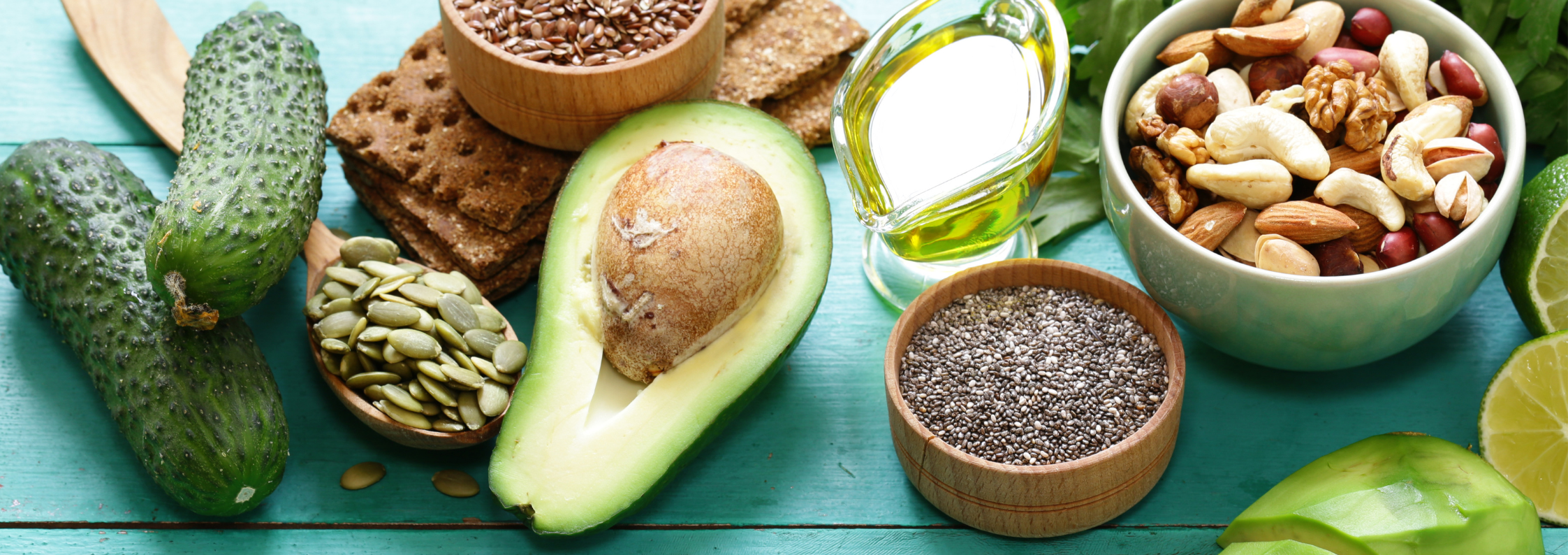How can a healthy, balanced diet help prevent disease?
In this article, Juliet Wilson, a Consultant Dietitian, highlights why following a healthy diet is so important for preventing and managing disease. Juliet also outlines how you can improve your nutritional health and how we can help you optimise your nutrient intake.
As well as preventing disease, nutritional health is important in managing existing medical conditions. Specialist nutritional advice from a dietitian can help manage the severity of many health conditions and is more favourable than increasing medication in some circumstances.
What is a balanced diet?
The World Health Organisation recognises an unhealthy diet and lack of physical activity as leading global risks to health. All around us, there is information on how vital a nutrient-rich diet is to our health, but what is healthy diet, and how can we achieve it?
Put simply, a ‘healthy diet’ involves eating a variety of foods in the right proportions to ensure you get the right nutrients to support physical and mental well-being. Generally, a diet that is beneficial for your health will include:
- Fruit and vegetables
- Plant-based proteins
- Poly-unsaturated fatty acids
- Whole grains
- Lower-fat dairy products
It’s also helpful to limit your intake of saturated fats, sodium and added sugars, many of which are found in processed foods.
What are the benefits of a healthy, balanced diet?
Consuming a nutrient-rich diet can improve physical and mental health and help you maintain a healthy weight. Furthermore, research underpins the role of nutrition in preventing an ever-growing list of diseases and conditions, including cancer, cognitive decline, sub-fertility, osteoarthritis, disorders of the gut and diabetes – to name a few.
Food and nutrition are crucial to providing our body with the energy and essential nutrients it requires. The human body (every organ, muscle, and cell) is constructed from numerous different nutrients. It makes sense, therefore, that eating optimal levels of all the necessary nutrients will enable our body to function at its peak. Some of the many benefits of achieving optimal nutritional status include:
- Reduced risk of disease
- Improved cognition and memory
- Enhanced performance
- Enhanced metabolic health
- Improved symptom management
- Better quality of life
- Improved mental health
- Optimal digestive health
What is the impact of diet on risk of disease?
Our risk of disease may be influenced by:
- Our genetic inheritance
- The environment we live in
- Lifestyle
- Nutritional intake
Whilst we know that nutrition is a powerful influence on health, a diet containing plenty of healthy foods won’t necessarily provide all the nutrients required for optimal health. Consuming all the nutrients our body needs can be quite a challenge. In fact, many people in the UK do not get enough of nutrients such as fibre, selenium, iodine, magnesium, vitamin D and iron.
Statistics suggest that every year globally, 22% of adult deaths are caused by dietary risk factors (e.g. high sodium). 255 million people live fewer years than they should because of poor nutrition. However, the true impact of diet on the incidence of disease may be far more significant than we realise.
What diseases can a healthy diet help to prevent?
Sub-optimal nutrient intake and nutritional imbalances, alongside a more sedentary lifestyle, have led to dramatic increases in non-communicable diseases (NCDs) in recent decades. These include:
- Heart disease
- Cancer
- Stroke
- Diabetes
These, along with other NCDs contribute to 79% of illnesses around the world.
Other common conditions that are increasing and have strong links to nutrition include:
- Osteoporosis
- Gastrointestinal disorders
- Viral infections
- Skin conditions such as psoriasis and eczema
Research provides lots of evidence that shows that nutrition plays a significant role in human health. It strengthens our resilience to illness, extends the period of being free from non-communicable diseases (NCD) and increases the quality of life.
Tips for a healthy, balanced diet
Whilst individual needs vary, here are a few tips that will help guide you towards a diet that will benefit your physical and mental health, promote metabolic health weight maintenance, and reduce your risk of illness and disease:
- Reduce your intake of free sugars
- Choose whole grains and seeded breads over white bread
- Keep an eye on your portion sizes
- Limit consumption of red and processed meats to once a week, and choose lean, outdoor reared sources of meat
- Eat at least five portions of fruit and vegetables a day
- Increase your intake of plant proteins such as lentils, beans, tofu and quinoa
- Drink lots of fluids that are caffeine and alcohol-free
How can I ensure I am eating all the nutrients I need?
Would you like to feel confident that you are eating all the nutrients you need in the right proportions, to ensure that you have optimal nutritional status and maximum protection against nutritionally related health issues?
Our dietitian and nutritional expert, Ms Juliet Wilson, works with individuals to develop a Personal Nutrition Plan. This holistic and individual approach to healthcare aims to help prevent or manage nutrition-related illnesses and diseases. A combination of blood tests, dietary assessment, and a one-to-one consultation, enable Juliet to work with you to create your bespoke, Personal Nutrition Plan. Your plan will guide and support you in integrating specific nutrition and lifestyle changes into your daily routine to help you achieve better physical and mental health and improved quality of life.
About Ms Juliet Wilson
Alongside her clinical responsibilities, Juliet has worked in several senior positions in diverse environments, including the Nutrition Lead at several international athletic games and as Global Nutritionist for Shell Energy in The Hague. She is also a part-time Assistant Professor in Nutrition and Dietetics at The University of Nottingham. Juliet feels privileged to work in a role where she can continuously extend her knowledge in nutrition, enabling her to deliver the most current specialist advice to her clients and patients.
If you would like more information or book a Nutritional Assessment, phone us on 0207 079 2100 or click here for more information.







